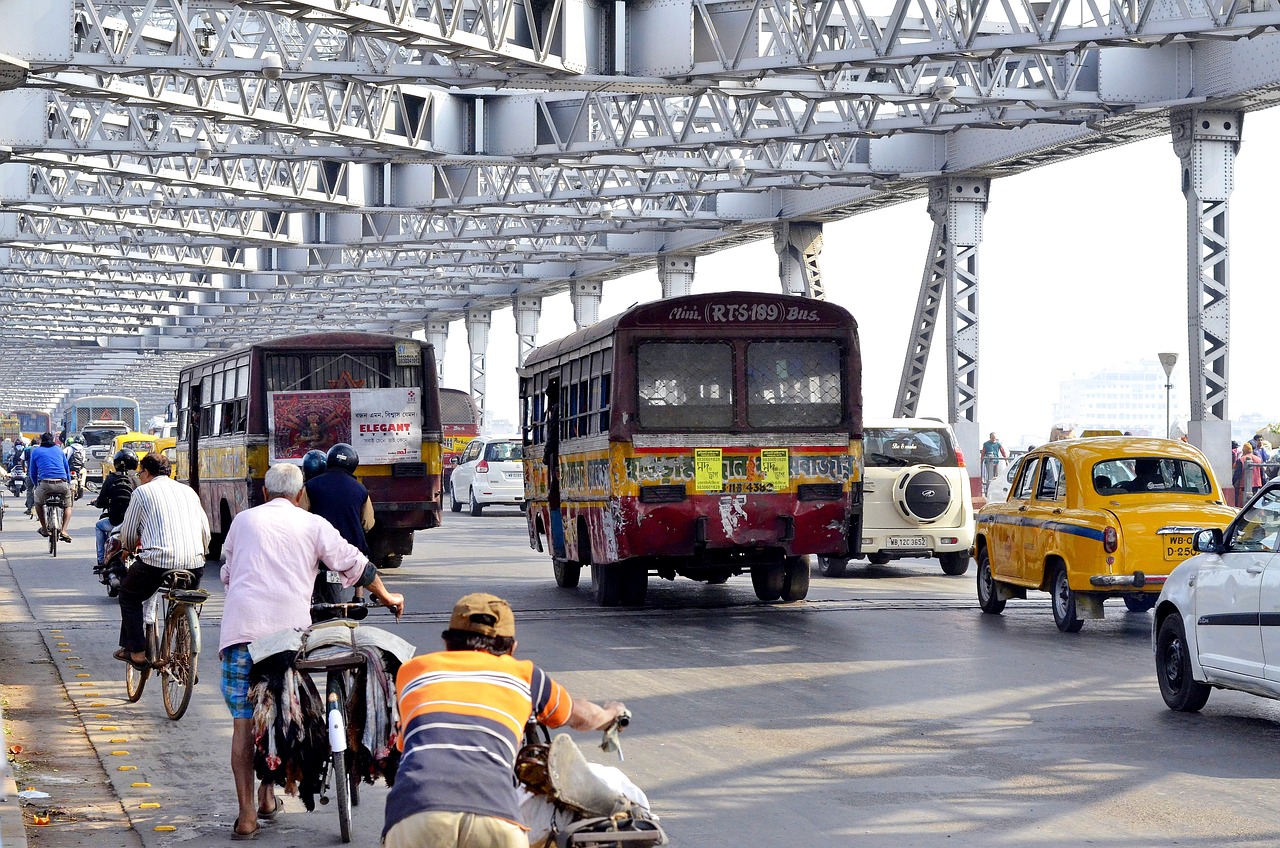Women in Politics: Breaking Barriers and Shifting Dynamics
Throughout history, women have faced significant challenges when trying to enter the realm of politics. In many societies, women were traditionally excluded from participating in political processes and decision-making. The prevailing belief was that women’s roles were mainly confined to the domestic sphere, and they were not seen as capable or competent enough to engage in matters of governance.
Despite these obstacles, there have been instances of remarkable women who defied societal norms and made significant contributions to politics. From the suffragettes who fought for women’s right to vote to the trailblazing female politicians who broke barriers in male-dominated fields, women have continuously strived to make their voices heard in the political arena. The historical context of women in politics is marked by persistence, resilience, and a tireless fight for equality and representation.
Challenges Faced by Women in Political Arena
Female politicians often encounter a myriad of challenges in the political arena. One common obstacle is the pervasive gender bias that undermines their credibility and competency solely based on their gender. This bias can manifest in various forms, such as microaggressions, double standards, and discrimination, all of which contribute to the marginalization of women in politics.
Furthermore, the lack of representation and support for women in leadership roles presents a significant challenge. Women often face barriers in accessing resources, opportunities, and networks that are essential for career advancement in politics. The existing male-dominated political structures and cultures further exacerbate these challenges, making it difficult for women to navigate and succeed in the political landscape.
Progress Made in Gender Equality in Politics
Since the early days of suffrage movements, significant strides have been achieved in promoting gender equality in politics. Women across the globe are increasingly breaking barriers and assuming leadership roles in governmental bodies and decision-making processes. Electorates have shown a growing acceptance of women politicians, challenging traditional gender norms.
Moreover, the implementation of gender quotas in several countries has paved the way for increased representation of women in politics. These affirmative action strategies have proven effective in creating more inclusive and diverse political landscapes. As a result, there has been a gradual shift towards greater gender equality in political institutions, opening up opportunities for women to participate in shaping policies and governance.
What is the historical context of women in politics?
Women have historically faced barriers and discrimination in the political arena, with limited opportunities to participate in decision-making processes.
What are some of the challenges faced by women in the political arena?
Some of the challenges faced by women in politics include gender discrimination, lack of representation in leadership positions, and gender stereotypes.
What progress has been made in gender equality in politics?
There has been progress made in recent years towards achieving gender equality in politics, with more women holding political office and advocating for women’s rights and issues.







